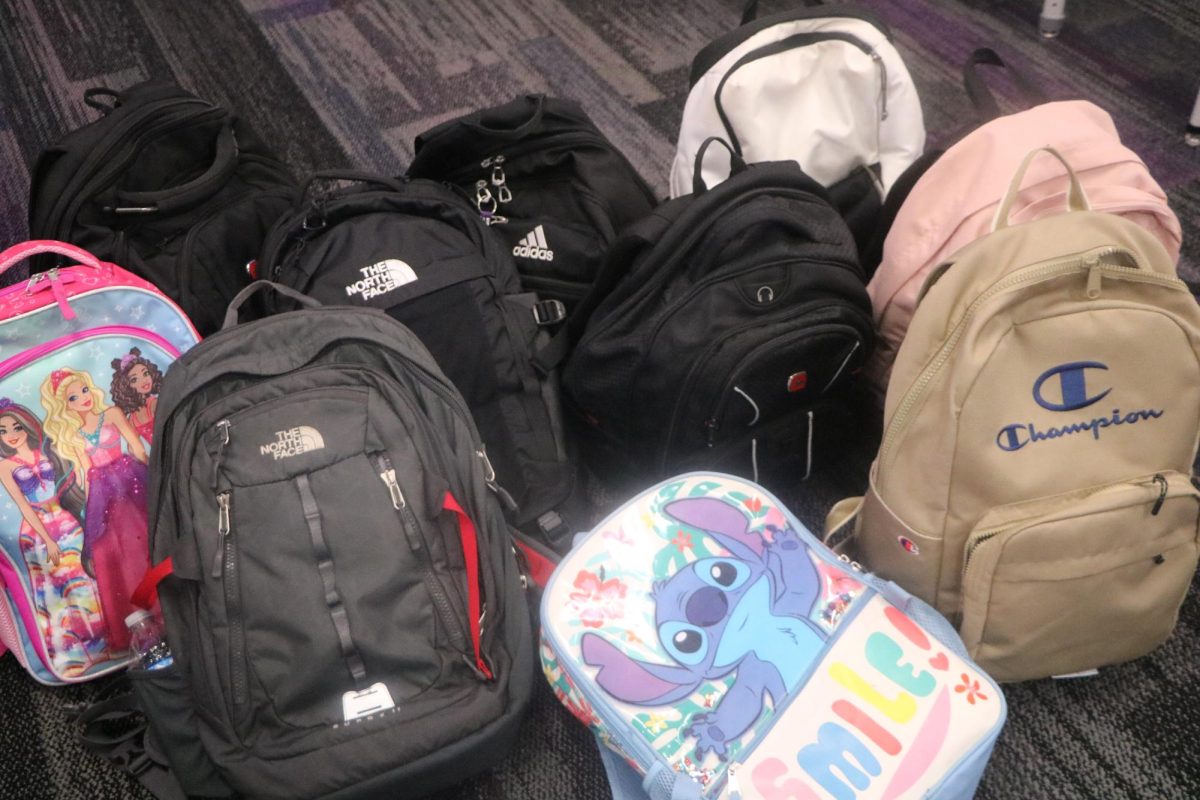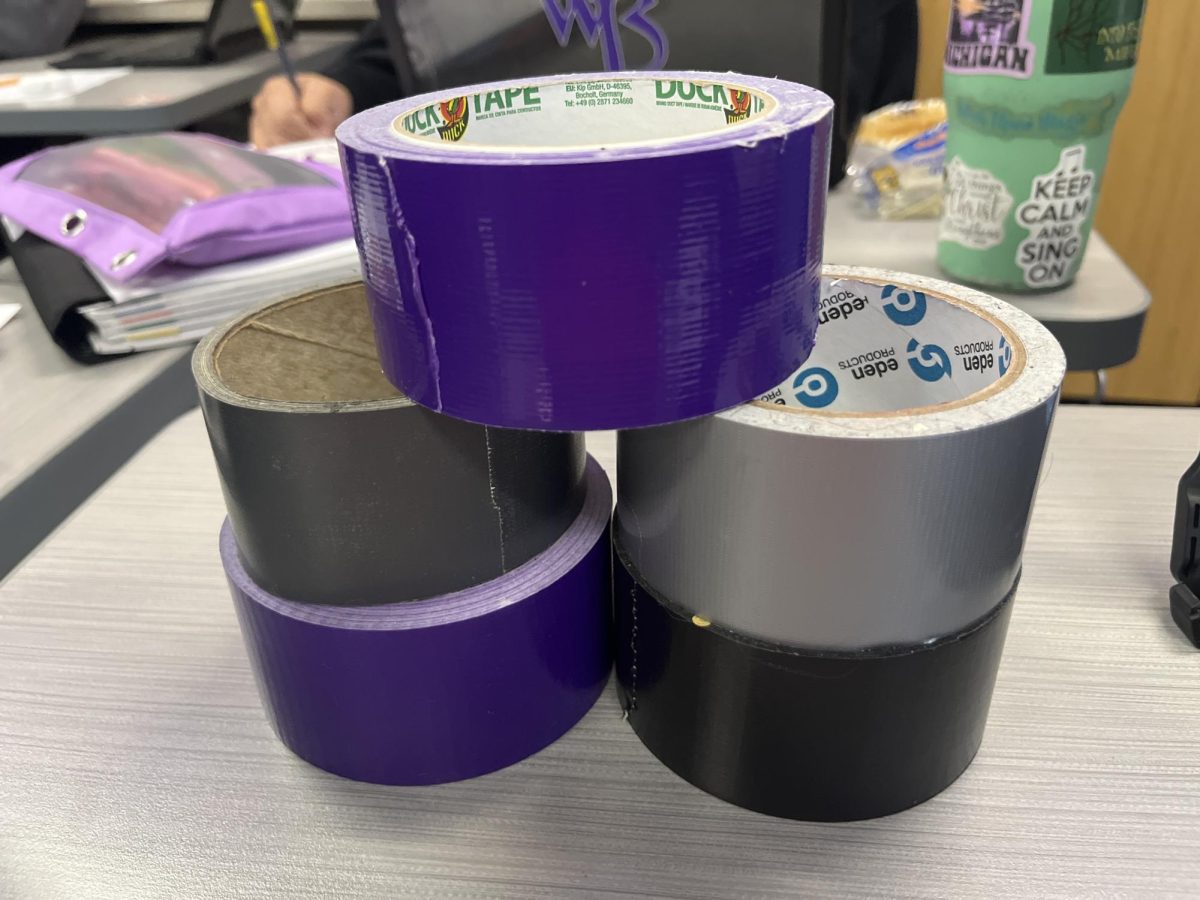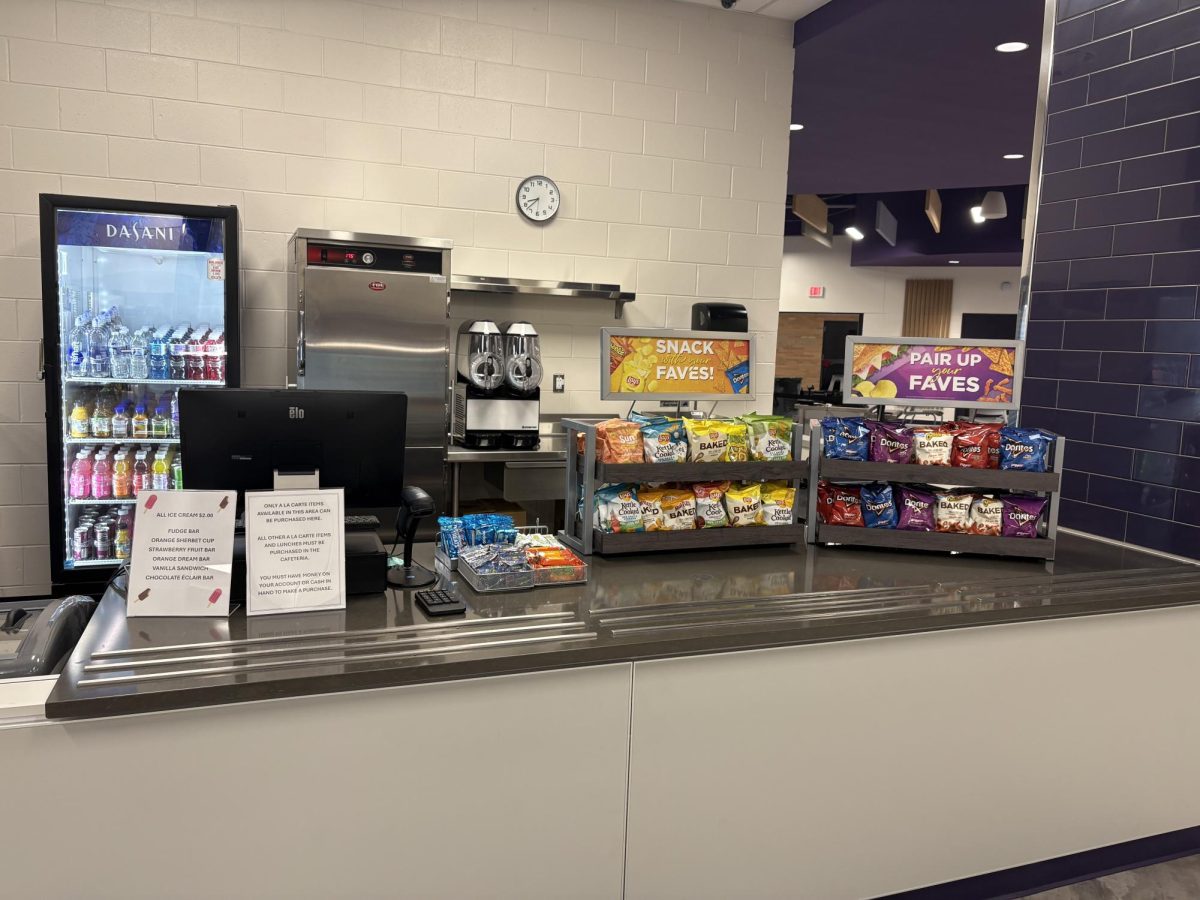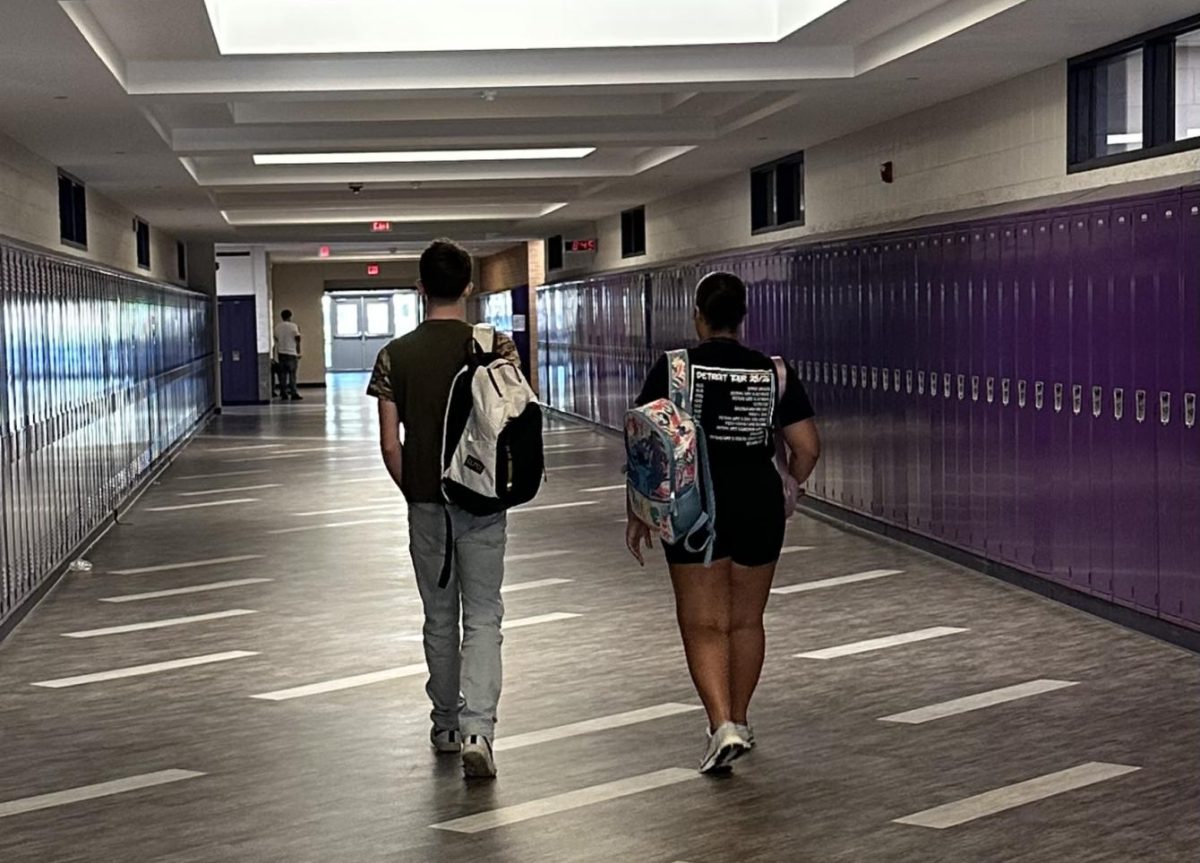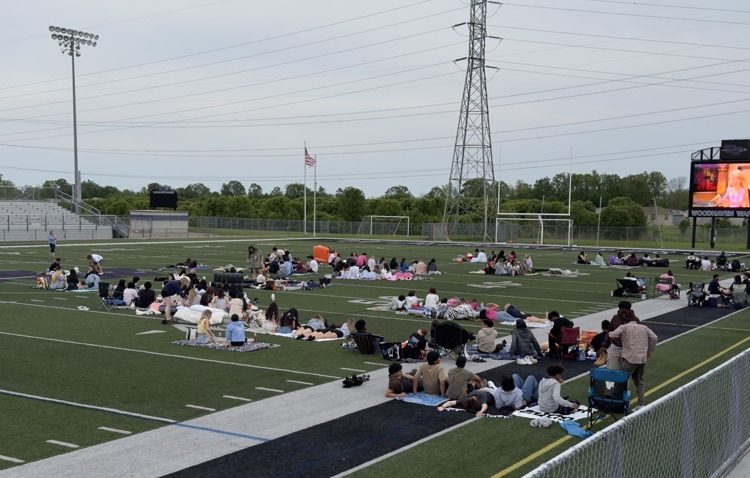After numerous attempts to enforce a backpack and phone policy, Woodhaven High School is as close to a backpack-free, phone-free zone as it’s ever been, and some students are not having it.
Seniors at Woodhaven, Kaden Newstead, and Madalyn Robinson call the new policy “not beneficial,” claiming that its negative aspects outweigh any positives. The students have been carrying their backpacks and using their phones in class since freshman year, yet now, as they’ve become almost adults, they have lost some freedom in their school.
But why was the policy implemented in the first place? Teacher and Substitute Administrator, Mr. Matthew Valerius, says, “I am in favor of the current cell phone and backpack policy at our school. As a teacher, it is tough to compete with the appeal and connection students have with their cell phones. Whether students agree or disagree, studies show that cell phone usage during class time negatively affects a student’s ability to listen and comprehend material introduced by the teacher. I understand the importance that the device plays in their everyday lives, but students have to understand that while they are here in school, their focus MUST be on listening and learning while in class. In the real world – the world after high school – most jobs do not let their employees sit and “play” on their phones during working hours.”
Clearly, some teachers, such as Mr. Valerius, feel strongly about the backpack and phone policy and strictly enforce it in their classroom; however, this is not the case with many teachers. Although the policy is encouraged in the classroom, it is loosely enforced, allowing teachers to regulate phones and backpacks to their preference. This can create issues in the classroom because students who attend different classes must constantly adjust and conform to the rules of different teachers.
But do the teachers see a difference? Some staff find phones to be a pure distraction and backpacks a safety concern, while others see phones as a learning tool and backpacks as a way to easily store the materials needed for class. This simple disagreement can have major effects on the policy’s effectiveness and the student life. Woodhaven teacher, Mr. Andrew Lambert, expressed some of these concerns in an interview, where he provided input on the policy’s flexibility and the confusion it can cause. Mr. Lambert sees the policy as beneficial for education; however, he acknowledges the difficulty of implementing such a policy so suddenly, as such a huge change requires time. It’s clear that some teachers see the potential and the current differences; however, it appears that the consensus is that more time is needed.
Seniors at Woodhaven may never see the day the policy reaches its full potential; however, it’s possible that they may consider themselves lucky.
